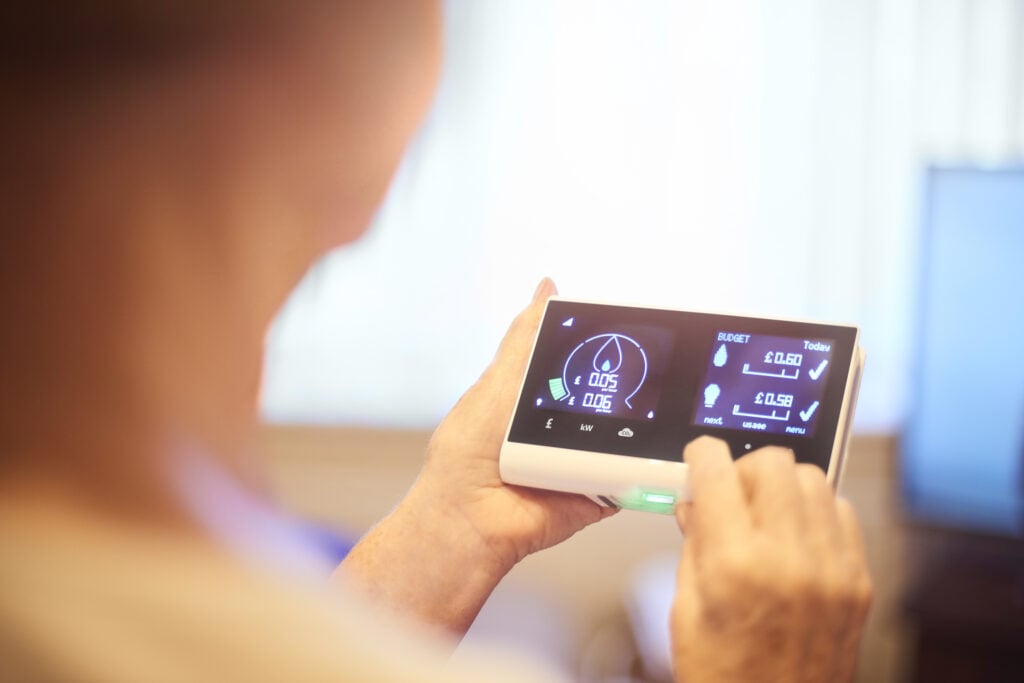The Department of Business, Energy and Industrial Strategy (BEIS) has launched a new consultation into the rollout of non-domestic smart meters in a bid to drive market innovation.
Unlike domestic smart meters, where suppliers are obligated to provide a smart meter with an in-home display showing near real time energy use, for those that fall into the electricity profile classes 1-4, suppliers are simply required to provide customers with timely access to consumption data upon request.
In the past the assumption has been that the market, especially energy suppliers, would further innovation in smart meters for non-domestic customers as the market would be eager to leverage the flexibility of non-domestic energy customers, leading suppliers to deliver a range of services tailored to their needs.
But BEIS has found that this hasn’t been the case, and as such is looking to amend the energy supply licence conditions to drive this. Market-led innovation could lead to £1.5 billion of energy savings if consumers engage with the smart meter data, reducing or shifting consumption to help balance the grid for example, BEIS has claimed.
The first proposed change is to establish a baseline non-domestic smart meter data offer through altering the energy supply licence conditions. This would mean all non-domestic smart meter customers must be entitled to a minimum baseline of free access to information based on their energy consumption data presented in a user-accessible format.
Secondly, BEIS is consulting on streamlining smart meter data access for nominated third party representatives. This would again require changes to licence conditions, with the suggestion third parties must be entitled to a minimum baseline of free access to consumer energy data in a machine-readable format.
The government’s consultation will additionally look at the scope of the licence changes and how best to support metering innovation.
“We recognise that generating consumer demand in this market is complex, and that Government has a role to play in supporting industry to drive cost-effective innovation that realises the benefits of smart metering for businesses and unlocks further market opportunities,” the consultation brief states.
As of March 2021, there were 24.2 million smart meters in homes and small businesses across Great Britain according to BEIS statistics. Of these, 19.8 million were smart in smart mode or advanced meters.
Three million meters across two million sites are installed at non-domestic sites within the 1-4 classes, with 46% of these already smart meters. These classes cover pubs, restaurants, shops, schools and local authority buildings.






